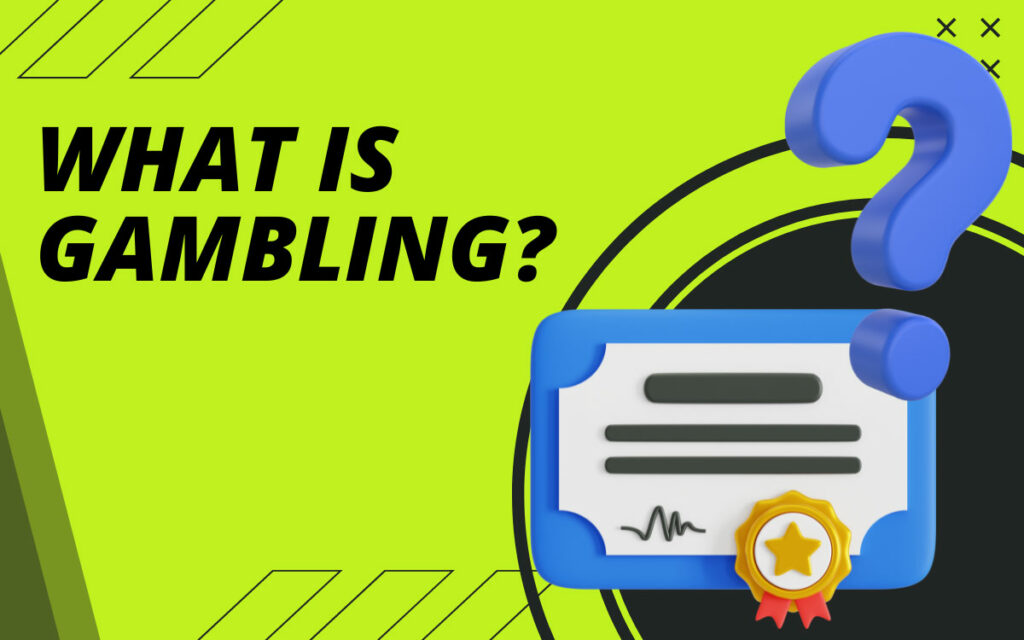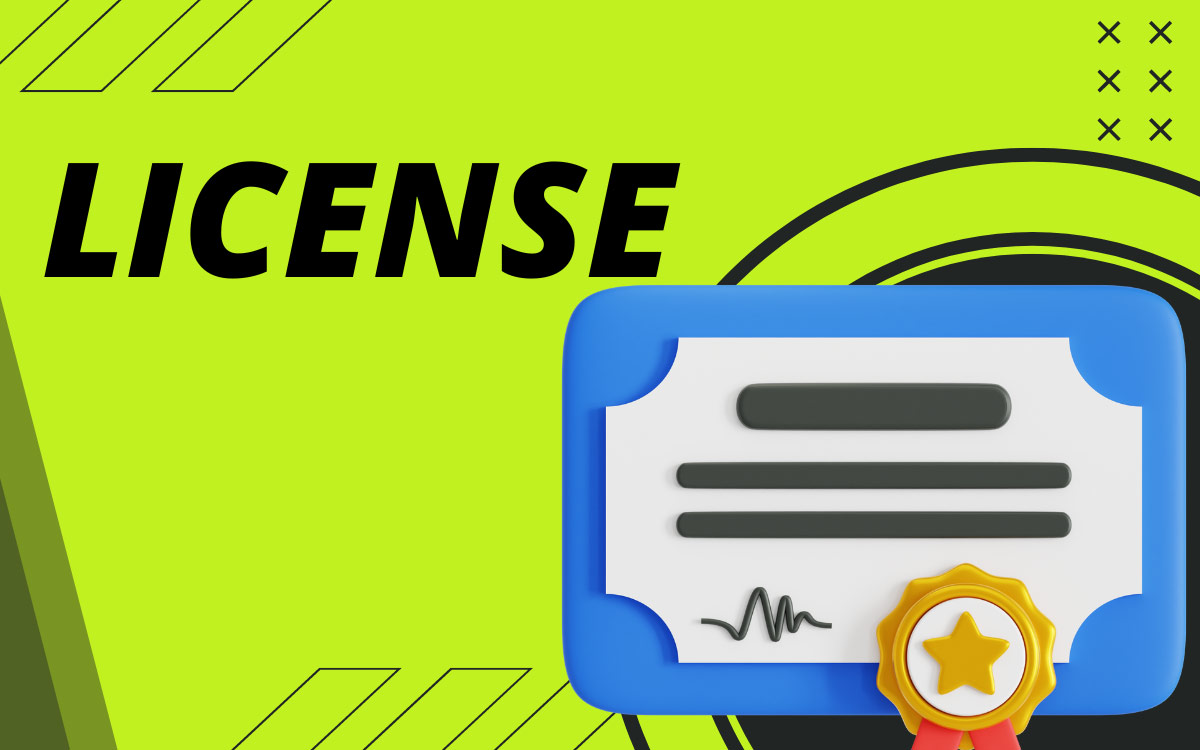Gambling has been an essential component of human culture for generations, providing an exciting mix of thrill and chance. With the introduction of the internet, online gambling has taken the business by storm, allowing simple access to a large selection of betting alternatives. To ensure a fair and safe gaming environment, governments and regulatory agencies around the world have created gambling licensing schemes.
What is gambling?

Gambling is the act of betting money or something of value on an event with an uncertain decision in order to gain more money or material items. Gambling has grown over time from basic games of chance to complex betting options available in brick-and-mortar casinos and, more recently, online gambling platforms.
The Significance of a Gambling License
A gambling license is a legal permit issued by a government or regulatory authority that authorizes operators to provide gaming services in a specified territory. It assures that gaming activities are conducted in a fair, transparent, and responsible manner, protecting both players and the industry’s interests.
How long does a gambling license last?

Various authorities give various sorts of gambling licenses. These are some examples:
- Online Gambling License: Allows operators to provide gambling services over the Internet, including online casinos, sports betting platforms, and poker rooms.
- Land-based Gambling License: This license applies to physical gambling enterprises such as casinos, betting shops, and bingo halls.
- Remote Gambling License: A remote gambling license is similar to an online gambling license, but it may apply to operators who provide remote gaming services from a different nation.
- Social gaming License: This license applies to non-commercial, private gaming among individuals.
Cost of gambling license
The cost of obtaining a gambling license varies greatly depending on the jurisdiction and type of license desired. It can range from a few thousand to hundreds of thousands of dollars. There are also recurring fees and taxes involved with keeping the license.
Gambling license requirements
Obtaining a gambling license is a demanding process that entails completing particular requirements imposed by each jurisdiction’s regulatory bodies or gambling commissions.
- Financial Stability: Gambling operators must demonstrate financial stability by demonstrating that they have sufficient funds to cover future player payments as well as operational expenses.
- Background Checks: The applicant and key staff, including directors and shareholders, are subjected to extensive background checks to determine their suitability and integrity to operate a gambling establishment.
- Business Plan: Applicants must provide a complete business plan explaining their gambling operations, marketing initiatives, and responsible gambling plans.
Types of gambling licenses
Different countries provide different benefits and cater to different areas of the gambling business. Obtaining a gambling license means, you will get the authority to run a bookie. Among the notable gaming licensing jurisdictions are:
- UK Gambling Commission: The UKGC is well-known for its rigorous restrictions and excellent standards.
- Curacao gambling license: A popular alternative for online casinos because of its low cost and relatively simple process. Many gambling platforms hold a license from this authority that makes them reliable bookies.
- Isle of Man gambling license: A respectable gambling jurisdiction that regulates online casinos and sports betting.
- Gambling license Malta: It is well-known for having a strong regulatory framework and a favorable tax structure for online gambling businesses.
- Online gambling license Gibraltar: Due to its established reputation and tax benefits, the Gibraltar Gambling Commission is a popular jurisdiction for online gaming enterprises.
- Cyprus gambling license: Issues licenses for both traditional and online gambling.
- Macau gambling license: It is an Asian license authority that is given to several bookies, especially traditional gambling platforms.
- Offshore gambling license: A license issued by a regulatory authority is referred to as an offshore gaming license. The Alderney Gambling Control Commission (AGCC) is in charge of operator licensing and regulation.
Know about Gambling Commission
The Gambling Commission is the United Kingdom’s regulatory authority in charge of commercial gambling regulation and ensuring that it is done fairly, transparently, and safely.
It is an independent non-departmental public body (NDPB) sponsored by the Department for Digital, Culture, Media, and Sport (DCMS) and was founded under the rules of the Gambling Act 2005. The Gambling Commission’s primary objectives are to:
Keep crime out of gaming
The Commission aims to keep gambling away from criminal activities and to keep gambling operations free of any illicit influences.
Ensure gambling is fair and transparent
Ensure that all gambling operations, including casinos, betting shops, online gambling sites, and lotteries, are conducted fairly and transparently, ensuring a level playing field for both operators and players.
Protect children and vulnerable people
The Commission is committed to preventing gaming from harming or exploiting children and vulnerable individuals. It establishes stringent rules for age verification and responsible gambling.

